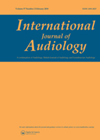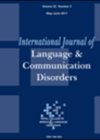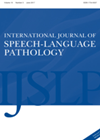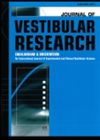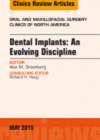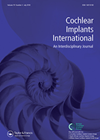
Journal Reviews
How to talk about hearing aid costs?
Money is always a controversial topic if discussed in reference to healthcare. This study raises the interesting topic of difficulties when it comes to discussing the costs of hearing aids with customers. Sixty-two audiological appointments were recorded and discussions concerning...
Importance of face-to-face communication in clinical practice
Breakdowns in communication with patients who have difficulty in understanding, speaking or hearing may occur during a consultation. The authors of this paper studied the hearing-related breakdowns in communication especially amongst older adults with hearing impairment (HI) using conversational analysis...
It’s not just about academic education for teenagers with TBI
Research has shown that many traumatic brain injuries are sustained before the age of 25. This article aims to examine the need for speech and language support for students with traumatic brain injury (TBI) beyond the issues a student may...
Predicting speech recognition in adults with cochlear implants
This was a combined prospective and retrospective study from Belgium that looked at factors influencing speech recognition scores in quiet conditions (retrospectively) and speech reception threshold levels (SRT) in fixed noise conditions (prospectively) after cochlear implantation in postlingually deaf adults....
How effective is vestibular rehabilitation in bilateral vestibular failure?
In patients with bilateral vestibular hypofunction (BVH), the outcome of vestibular rehabilitation is mixed. The aim of the study was to identify factors associated with outcome of vestibular rehabilitation (VR) in patients with BVH. A retrospective case notes review identified...
Post-cancer prosthodontic reconstruction
A functional outcome after head and neck cancer resection is aimed at restoring speech and swallow. Dental reconstruction greatly facilitates this, particularly by enabling the patient to chew food. The authors reinforce the need for careful presurgical planning with treatment...
Does head trauma as aetiology of deafness affect the outcomes of cochlear implantation?
Head trauma associated with temporal bone fractures is a well known aetiological factor for deafness. The literature assessing the outcomes of cochlear implantation in such cases is rather limited. In this paper, the authors compared the performance of implantees with...

